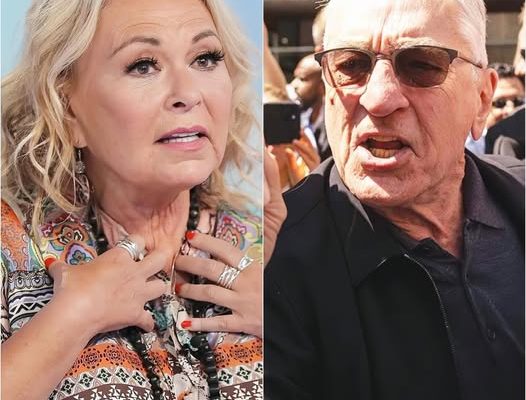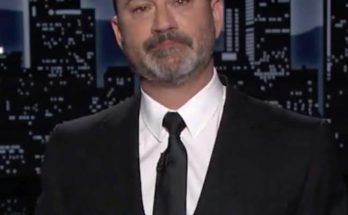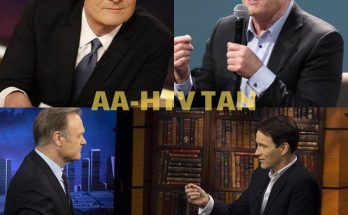During a stunning on-stage moment, Roseanne Barr fiercely confronted Robert DeNiro, declaring “No Woke People Allowed Here” before decisively ejecting him from her show. The incident, which quickly became a social media sensation, encapsulated a broader cultural debate over freedom of expression, celebrity accountability, and the polarizing dynamics of the entertainment industry.
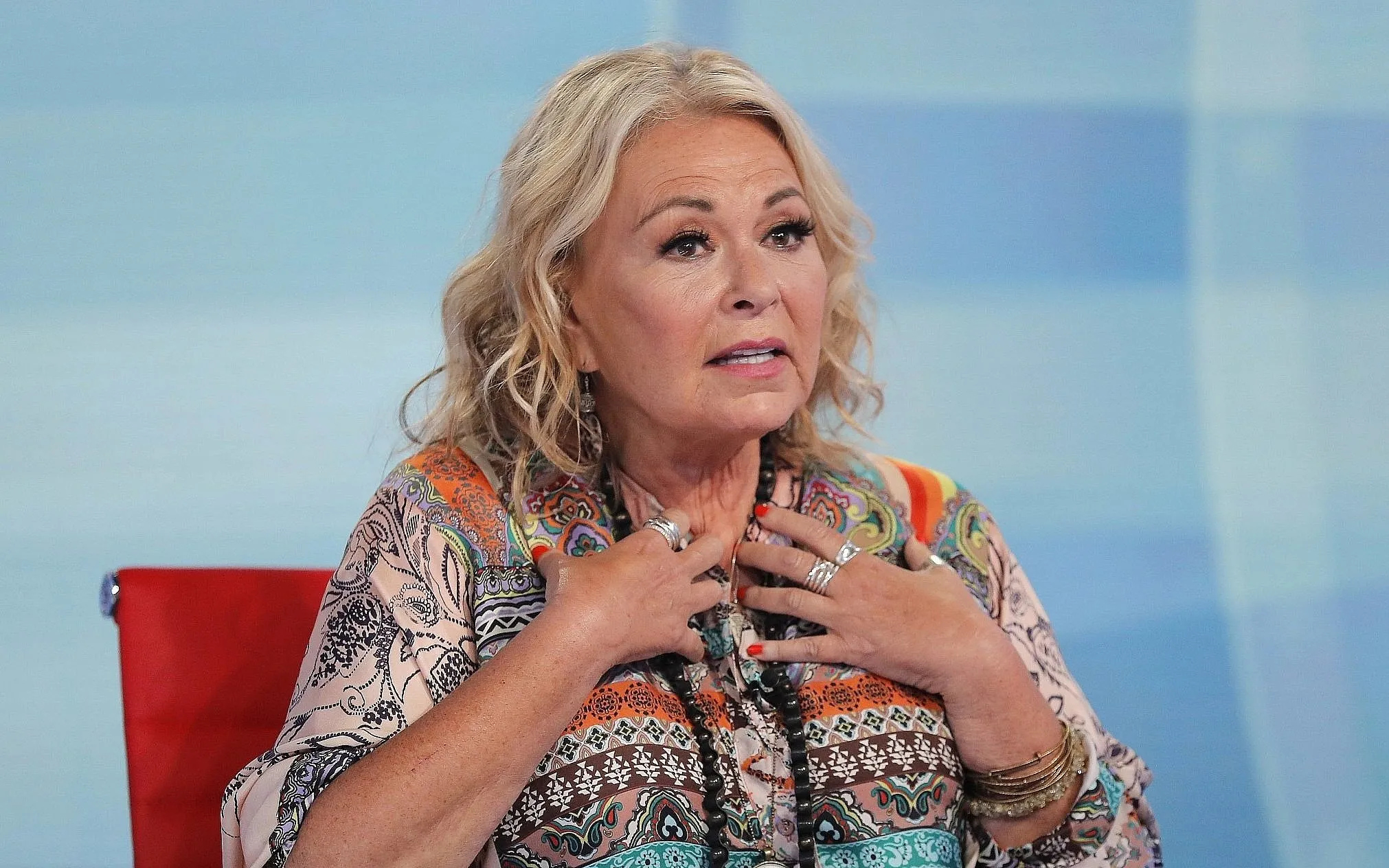
The dramatic confrontation unfolded during a live performance by Roseanne Barr, the legendary comedian and actress known for her bold and unapologetic commentary. Robert DeNiro, the Oscar-winning actor and outspoken critic of conservative politics, reportedly attended the show unannounced. According to witnesses, tension filled the room when Barr noticed DeNiro in the audience.
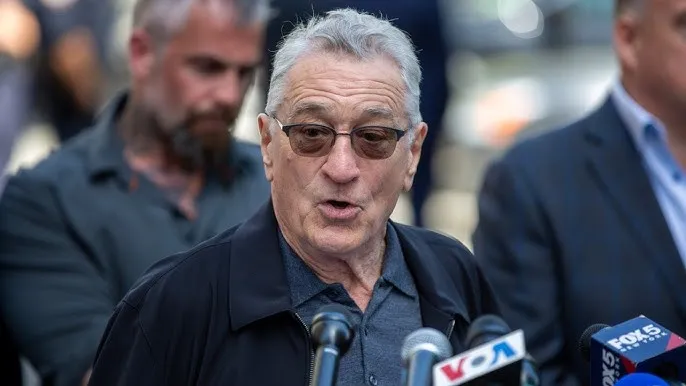
The Heated Exchange
Barr, never one to shy away from controversy, addressed DeNiro directly from the stage. She expressed her disapproval of what she described as “woke culture” and accused him of contributing to its proliferation in Hollywood. Eyewitnesses reported that Barr’s remarks were met with both applause and gasps, highlighting the divided opinions among the audience.
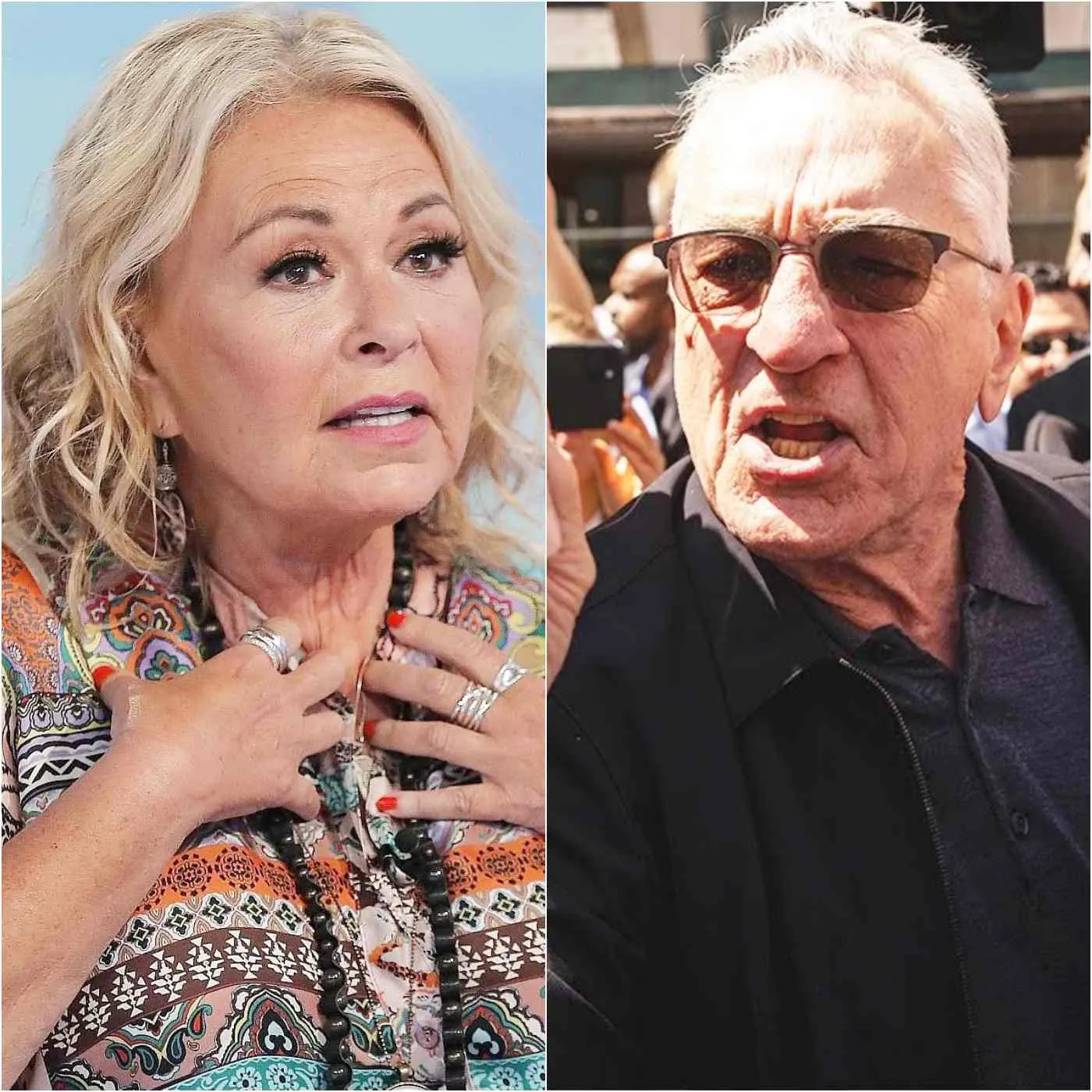
DeNiro, known for his fiery personality, did not remain silent. He stood up and reportedly attempted to defend himself, but Barr’s response was swift and decisive. She declared, “No Woke People Allowed Here,” a statement that would later become a trending hashtag on social media. She then instructed security to escort DeNiro out of the venue, an act that further escalated the tension.
The Aftermath
The fallout from this incident was immediate. Social media platforms were flooded with reactions ranging from support for Barr’s stance to condemnation of her actions. Some applauded her for taking a stand against what they perceive as the overreach of “woke culture,” while others criticized her for stifling free speech and disrespecting a fellow artist.
A Divided Industry
This dramatic episode underscores the ongoing cultural and ideological divisions within the entertainment industry. Roseanne Barr has long been a polarizing figure, celebrated by some for her comedic genius and fearless approach to taboo topics, while others view her as a provocateur who often crosses the line.
Robert DeNiro, on the other hand, has built a reputation not only as a legendary actor but also as a vocal advocate for progressive causes. His criticism of conservative figures, including former President Donald Trump, has made him a hero to some and a villain to others.
The clash between these two icons is emblematic of the broader battle over “woke culture” and its impact on artistic freedom. Supporters of Barr argue that her actions were a necessary pushback against what they see as the stifling influence of political correctness in comedy and entertainment. Critics, however, view her behavior as an example of intolerance and hypocrisy.
The Rise of Anti-Woke Sentiment
The term “woke” originally emerged as a call to awareness about social injustices, particularly those related to race and inequality. However, in recent years, it has been weaponized by critics who associate it with perceived excesses of political correctness and cancel culture. Figures like Roseanne Barr have capitalized on this sentiment, positioning themselves as defenders of free speech and traditional values.
For Barr, this confrontation with DeNiro may serve as a rallying cry for those who feel alienated by the current cultural climate. Her declaration of “No Woke People Allowed Here” resonates with a segment of the population that views “woke culture” as a threat to artistic expression and open dialogue.
DeNiro’s Perspective
Although Robert DeNiro has not publicly commented on the incident, his past statements provide some insight into his perspective. He has consistently championed progressive values and criticized what he sees as the erosion of decency in public discourse. For DeNiro, the confrontation with Barr likely represents another chapter in his ongoing battle against what he perceives as regressive attitudes.
Celebrity Culture and Public Perception
This incident also raises questions about the role of celebrities in shaping public opinion. Both Barr and DeNiro have leveraged their platforms to influence cultural and political debates, but their methods and messages often spark controversy. The entertainment industry has become a microcosm of larger societal conflicts, with celebrities frequently caught in the crossfire.
The public’s reaction to this event reflects a deepening polarization. On one hand, Barr’s supporters praise her courage and authenticity, viewing her as a voice for those who feel marginalized by “woke culture.” On the other hand, critics argue that her actions were disrespectful and indicative of the very intolerance she claims to oppose.
The Broader Implications
Beyond the immediate fallout, this confrontation between Roseanne Barr and Robert DeNiro has broader implications for the entertainment industry and society at large. It highlights the challenges of navigating a cultural landscape where freedom of expression and social responsibility often collide.
For comedians like Barr, the ability to push boundaries and challenge norms is essential to their craft. However, the rise of “cancel culture” has created a climate where certain jokes and opinions can lead to significant backlash. This dynamic has prompted a reevaluation of what it means to be a comedian in the modern era.
For actors and activists like DeNiro, the focus is often on using their platform to advocate for change and hold power to account. However, this approach can also make them targets for criticism, particularly from those who feel alienated by their messaging.
What’s Next for Barr and DeNiro?
In the wake of this incident, both Roseanne Barr and Robert DeNiro are likely to face continued scrutiny. Barr’s bold stance may solidify her status as a champion for free speech among her supporters, but it could also alienate potential collaborators and audiences. DeNiro, meanwhile, may use this confrontation as an opportunity to further articulate his views on the importance of cultural awareness and accountability.
As the entertainment industry continues to grapple with issues of inclusivity, artistic freedom, and public accountability, moments like this serve as flashpoints for broader debates. Whether you view Barr’s actions as a brave stand or an act of intolerance, there’s no denying the impact of this dramatic on-stage moment.
The confrontation between Roseanne Barr and Robert DeNiro is a vivid example of the cultural tensions that define our era. It reflects the complexities of balancing free expression with social responsibility and highlights the challenges faced by artists navigating a deeply divided landscape. As the fallout from this incident continues to unfold, it serves as a reminder of the power of celebrity, the importance of dialogue, and the enduring impact of cultural debates.
